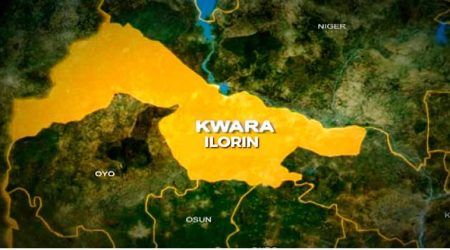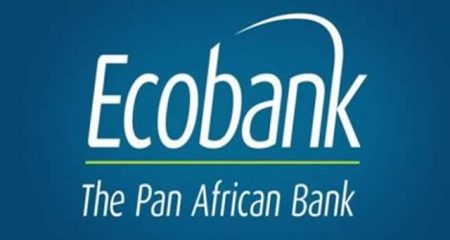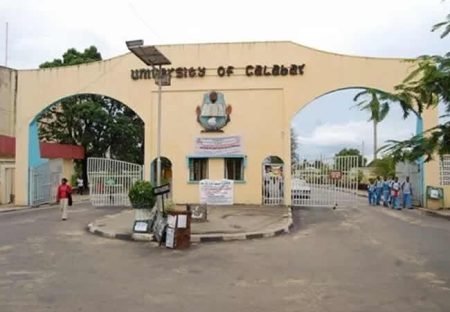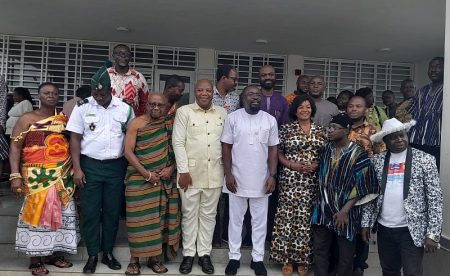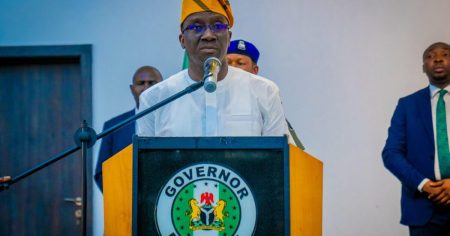Ghana’s decentralization of teacher recruitment marks a significant shift in the nation’s educational landscape, aiming to enhance both the quality and equity of education across the country. This move empowers district-level authorities to manage the recruitment process, transferring control from the centralized system in Accra. The rationale behind this reform lies in recognizing the unique educational needs of diverse regions, enabling local authorities to make informed decisions regarding teacher placement and address community-specific challenges. Proponents of decentralization argue that it fosters a more tailored and effective approach to staffing, aligning educational resources with local demands. This shift is expected to not only improve the overall effectiveness of the education system but also to cultivate local ownership and initiative in addressing educational challenges.
The Educational Workers Connect (EWC) has lauded the government for this progressive policy, recognizing its potential to transform Ghana’s education system. They see this as a forward-thinking move that addresses long-standing teacher shortages in underserved areas and promotes more equitable distribution of qualified educators. Among the anticipated benefits are increased transparency and accountability in the recruitment process, improved response times to staffing needs, and greater responsiveness to local educational challenges. By empowering district directors to oversee recruitment, the policy aims to foster a stronger sense of ownership and commitment to ensuring the selection of highly qualified teachers. EWC believes this localized approach will lead to a more effective and relevant teacher workforce capable of meeting the diverse needs of students across the country.
However, EWC also emphasizes the critical importance of upholding the highest standards of integrity, transparency, and fairness in the decentralized recruitment process. They caution against any form of political or personal bias, stressing that hiring decisions must be based solely on merit. This emphasis on fairness and transparency is essential to ensuring that the decentralization policy truly achieves its intended goals of improving educational quality and equity. EWC’s call for ethical conduct underscores the need for a rigorous and impartial recruitment process that prioritizes the best interests of students and the overall education system. The organization recognizes that the success of this reform hinges on the responsible and ethical actions of district-level authorities.
Concerns regarding potential challenges in the decentralized system have also been raised. EWC specifically cautions against practices such as extortion, partisan recruitment, and manipulation of appointment dates for personal gain. These potential pitfalls could undermine the integrity of the new system and jeopardize the very goals it aims to achieve. The organization emphasizes the responsibility of district directors to act with integrity and ensure a fair and transparent process. This call for ethical conduct highlights the potential risks associated with decentralization if not implemented and monitored effectively.
EWC underscores the importance of accountability mechanisms within the decentralized system. They advocate for a system where district directors are held responsible for their hiring decisions, thereby fostering a sense of ownership and commitment to selecting the most qualified candidates. This emphasis on accountability is crucial for ensuring that the decentralized system operates effectively and achieves its intended goals. By holding district directors accountable for their choices, the policy aims to create a more transparent and equitable recruitment process that benefits both students and the broader education system.
EWC’s support for the decentralization policy is rooted in its potential to bring about positive change in Ghana’s education system. They believe that by empowering local authorities and promoting a more tailored approach to teacher recruitment, the policy can significantly enhance the quality and equity of education across the country. EWC acknowledges the potential challenges, particularly the need for strong ethical oversight, but remains optimistic that the reform will ultimately lead to improved educational outcomes nationwide. Their stance reflects a belief that decentralization, when implemented responsibly and ethically, can be a powerful tool for educational transformation.






